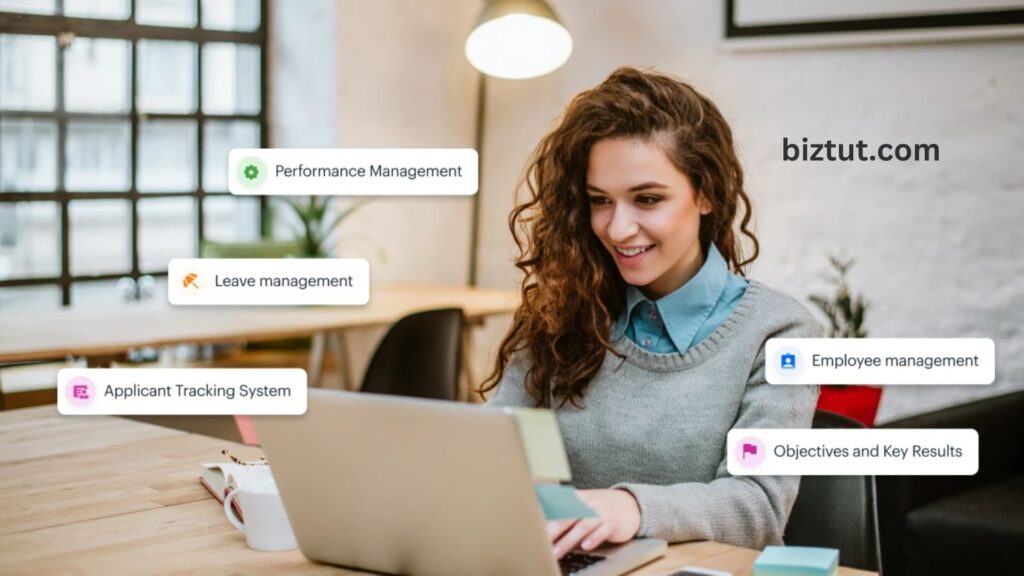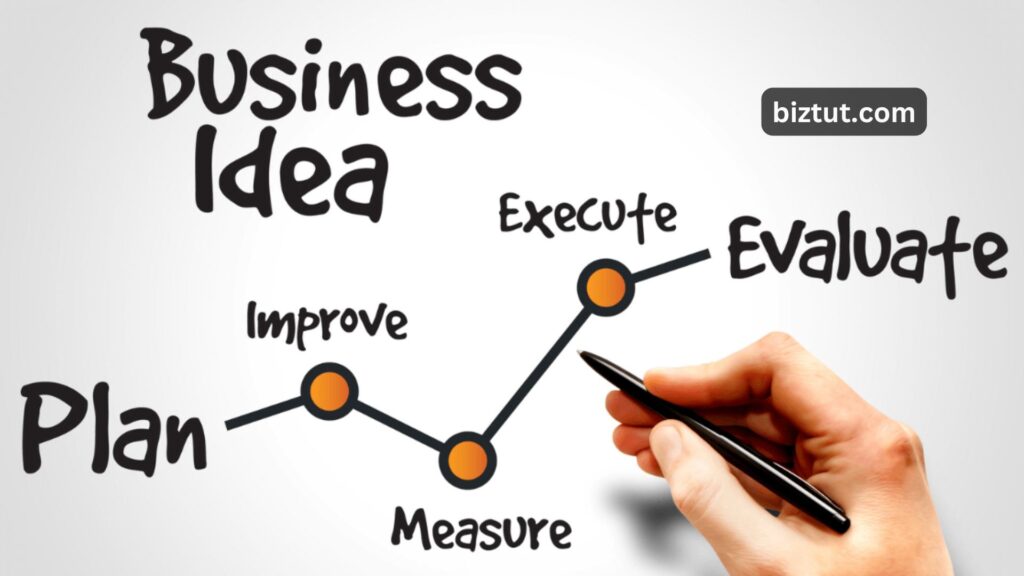Starting a business usually involves a lot of planning, especially when figuring out how much money you’ll need to get going. While it’s possible to launch a business with little or no money, this can come with its own set of challenges. If you want to grow your business on a tight budget, it’s important to know all the options available to you.
Overcome the Challenges
A key truth about starting a business is that money really matters. According to the U.S. Bureau of Labor Statistics, nearly half of all startups fail within their first five years, mainly because of financial problems. A study by U.S. Bank found that 82% of small business failures are due to cash flow issues.
Plus, a 2022 survey by Skynova revealed that 47% of startup founders say they failed because they didn’t have enough funding, while 44% just ran out of cash.
Starting a business with little or no money can really limit your ability to grow in the early days. For instance, without enough funds, you might struggle to:
- Hire employees or support staff
- Buy necessary inventory or supplies
- Advertise and market your business
The effects of having limited funds can vary based on the type of business you want to start. If you’re on a tight budget, think about what kinds of businesses you can launch with little to no investment.
It’s super important to do thorough market research before diving in. Look at your competitors and figure out how you’ll reach your target customers. Gathering feedback from potential customers through focus groups or social media can also be really helpful.
Develop a Low-Cost Business Idea
Starting a business can cost a lot of money, and some types cost way more than others. For example, you might need over $100,000 to open a restaurant, but you could launch a food truck for as little as $40,000.

If you have little or no money to start, it’s a good idea to look for businesses that have low initial costs. Many of these can be run from home with just your laptop and an internet connection.
Here are some low-cost business ideas to think about:
- Content creation for online businesses
- Freelance writing or blogging
- Virtual assistant services
- Social media manager or consultant
- Creating online courses or tutoring
- Online bookkeeping
- Dropshipping
- eBay reselling
- Making content for YouTube or TikTok
- Graphic design
- Video editing
These are all businesses you can run from home without spending a lot of money. Plus, there are offline options that require no startup cash, like dog walking, pet sitting, local tutoring, or teaching art or music. These ideas let you use your skills to make money with little or no investment upfront.
The Critical Role of Budgeting
When you’re starting a business, making a detailed budget is really important. Your budget acts like a financial roadmap, helping you see what your costs will be as you get things going.
The budget you create will look different depending on the type of business you’re launching. For example, starting a low-cost, home-based business usually requires less money than opening a brick-and-mortar shop.
To get your small business budget ready before you launch, list all your expected costs, such as:
- Buying inventory or supplies
- Renting or leasing a business space
- Purchasing equipment
- Marketing or advertising expenses
- Hiring staff
Make sure your budget gives you a clear and realistic picture of what you’ll spend. Compare it with your expected sales or income to understand your potential cash flow.
And don’t forget, budgeting isn’t a one-time task. Check your budget every month to keep an eye on your cash flow and manage your expenses, especially in the early days. This will help you stay financially stable as your business grows.
Creative Financing Options

There are plenty of ways to fund a new business without having to dip into your own pocket. Exploring different options can help you find what works best for you. Here are some ideas to consider:
- Small Business Grants: These grants give money to support new businesses, and the best part? You don’t have to pay them back! The SBA offers various community grants for small business growth, especially for minority-owned, women-owned, and veteran-owned businesses.
- Crowdfunding: This lets people chip in small amounts of money to help you launch your business. Popular platforms for crowdfunding include GoFundMe, Indiegogo, and Kickstarter.
- Microloans: If you’re okay with borrowing, microloans might be a good fit. The SBA offers microloans of up to $50,000 to help you start your business, though the average loan is around $13,000. You can pay it back over up to six years, with interest rates between 8% and 13%.
- Credit Cards: Business credit cards provide a line of credit that can help manage your startup costs. They’re often easier to qualify for than traditional loans, and you might earn rewards like cashback, points, or travel miles on your purchases.
- Peer-to-Peer (P2P) Lending: With P2P lending, you can borrow money directly from individual investors instead of banks. These investors fund your loan, which you then repay with interest. The terms and interest rates usually depend on your credit score.
Traditional small business loans can be tougher to secure if you’re just starting out. Lenders typically want to see one to two years of operating history and a certain level of revenue. Building your business credit can make it easier to qualify for loans later on, once your business is up and running.

Bootstrapping Techniques
Bootstrapping means using the resources you already have to fund your business. It can help you avoid debt, but whether it’s a realistic option depends on your financial situation.
Here are some common ways to bootstrap:
- Using money from your personal savings or a certificate of deposit (CD)
- Borrowing against your 401(k)
- Taking an early withdrawal from your individual retirement account (IRA)
- Tapping into your home equity
- Selling things you no longer need for cash
- Organizing a local fundraiser to collect donations
- Asking friends and family for a loan
Each option has its pros and cons. For example, borrowing from your 401(k) or taking money from your IRA can hurt your retirement savings since that money won’t benefit from compounding interest. Plus, you might face a 10% penalty for early withdrawals.
Using a home equity loan or line of credit comes with risks too. If your business doesn’t succeed, you’ll still need to repay what you borrowed, and defaulting could lead to foreclosure on your home.
So, before you decide to bootstrap, it’s important to weigh both the benefits and the downsides.
Leverage Free Resources
Starting a business is tough, and you might need a little help along the way. While hiring a business coach can be great, it usually costs money. Luckily, there are plenty of free resources out there to support you as you get started.

Here are some places to find free help:
- SBA: The Small Business Administration (SBA) offers lots of resources, including loan programs and helpful articles on starting a business.
- Small Business Development Centers (SBDCs): These local organizations assist small business owners with planning, finding funding, and growing their businesses.
- SCORE: This network of mentors connects you with experienced professionals who can help you with planning, starting, or even selling your business when the time comes.
- U.S. Department of Veterans Affairs: If you’re a veteran, the VA provides resources and training to help you start your own business.
- National Women’s Business Council: This organization focuses on helping women entrepreneurs succeed, especially in STEM fields, by providing access to funding and resources.
Don’t forget to check out local resources too! Your local chamber of commerce might offer free workshops or seminars for new entrepreneurs. You can also look for nonprofits that support small businesses in your area.
If you’re starting a business with little to no money, social media can be a fantastic way to market your new venture without spending anything on ads. It might take a bit longer to build your audience, but it’s a great free option to spread the word about your business!

Network and Collaborate
Starting a business on your own can be exciting, but if you want it to grow, it’s super important to build the right connections. That’s where networking and collaboration come into play.
Having a strong network can help you in many ways. For example, you might know someone who can introduce you to an investor or give you a chance to promote your business on their podcast or YouTube channel—great ways to get some free exposure!
How you build your network can depend on your business type. If you’re opening a physical store, it’s a good idea to start by connecting with people in your local community. Joining your local chamber of commerce or small business development council can be really helpful.
On the other hand, if you’re starting an online business, look for connections online. LinkedIn is a fantastic place to begin networking. You can also use other social media platforms to connect with business owners or influencers in your niche.
Also Read: 10 Strategies to Scale Your Business
Build a Robust Online Presence
With 67% of the world’s population using the internet and 85% of Americans going online every day, it’s a smart move to create a virtual presence for your business. This could mean setting up a website or blog, starting a YouTube channel, or getting active on TikTok, Facebook, X, or Instagram.
One of the best parts about using social media to market your new business is that it can be completely free. While you can choose to pay for ads, creating profiles on social media platforms doesn’t cost anything. If you want to build a website or blog, platforms like Wix let you do that for free, too!
You can definitely establish an online presence without spending money. Just remember to think about which channels will give you the best return on your time. Knowing where your potential customers hang out online will help you decide which social media platforms are worth your effort.













